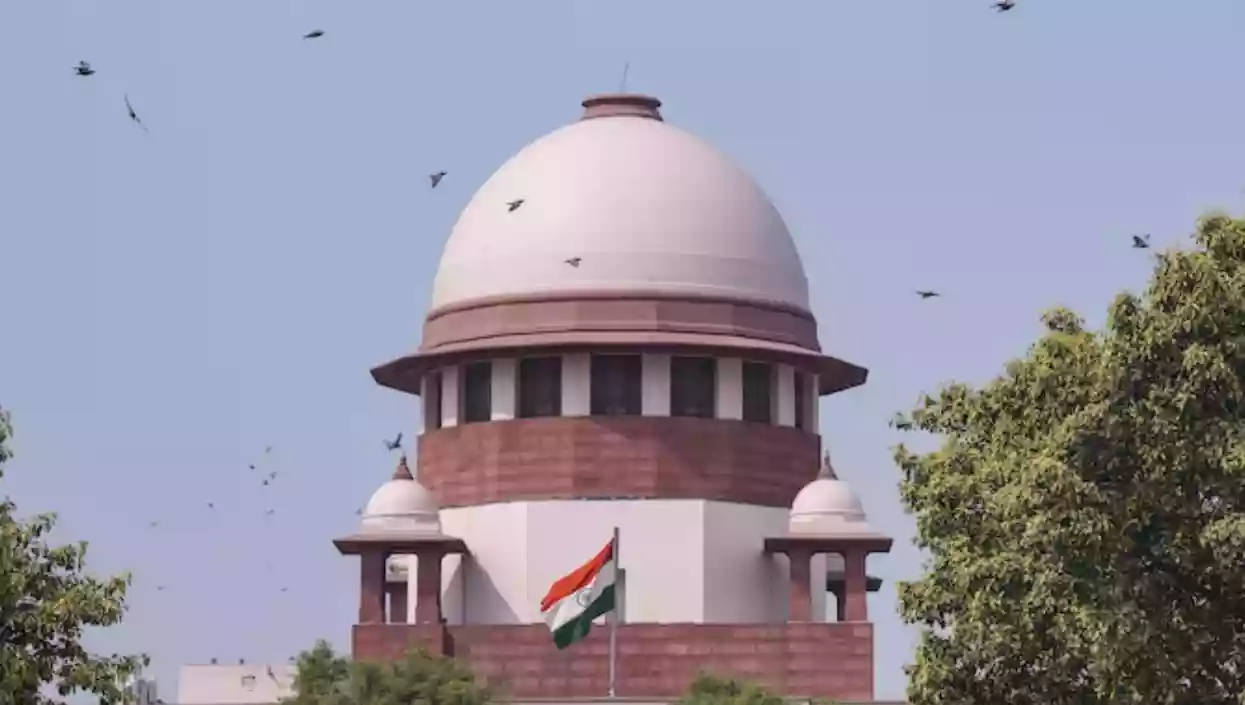.gif)
.gif)

The Centre has firmly told the Supreme Court that no individual or religious body can claim government land as Waqf property, even if it has been used for religious or charitable purposes for decades. This statement came during a hearing on the constitutional validity of the Waqf (Amendment) Act, 2025.
Representing the Centre, Solicitor General Tushar Mehta said that land usage does not confer ownership, especially when the land belongs to the government. He specifically addressed the controversial category of ‘Waqf by user’ — where land is declared Waqf purely based on long-term religious activity without formal registration or ownership proof.
“Nobody has the right over government land,” Mehta stated firmly before the bench of Chief Justice BR Gavai and Justice Augustine George Masih. He cited past Supreme Court rulings which affirmed the state's authority to reclaim government land, even if it was previously considered Waqf.
The Centre’s stand also included a strong defence of Parliament’s authority to pass the amendment. Mehta noted that the Waqf (Amendment) Act, 2025, was approved after consultations with state governments and Waqf boards and vetted by a Joint Parliamentary Committee. He argued that no affected party had directly challenged the law, and the argument of overreach by Parliament was baseless.
The Court has been urged to narrow the hearing to three main issues: whether the government can remove Waqf status from land already designated as such, who can serve on Waqf boards and councils, and whether land confirmed as government property by collector inquiry can still be treated as Waqf.
In a written submission, the Centre added that Waqf is a legal—not religious—construct, and any law related to it carries a presumption of constitutionality. It further stated that statutory provisions should not be stayed unless an exceptional case is presented, echoing similar sentiments from Chief Justice Gavai during earlier hearings.